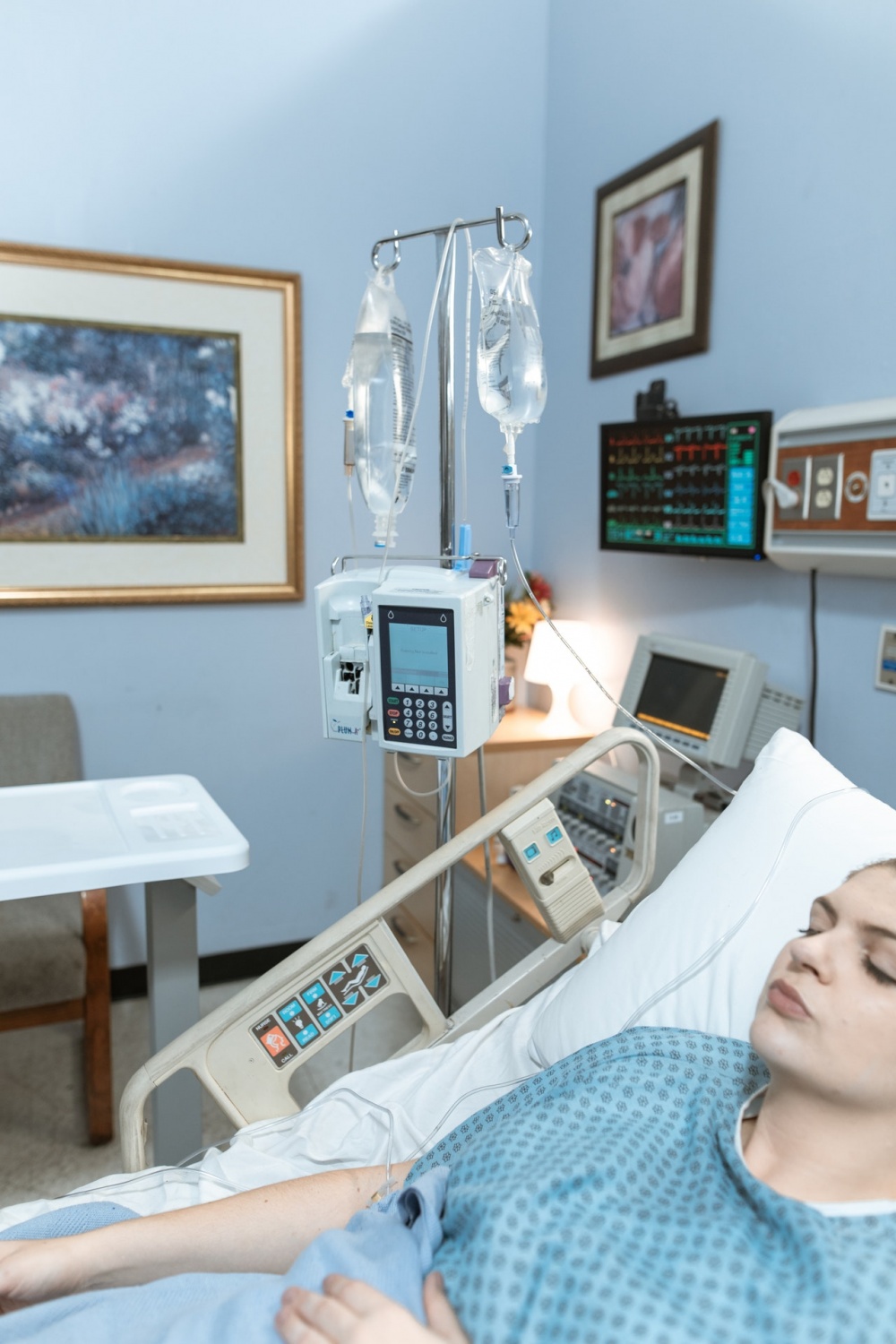Trending News
Carrier Testing For Spinal Muscular Atrophy

(Photo : Carrier Testing For Spinal Muscular Atrophy)
Spinal muscular atrophy is a group of genetic diseases that affects about 1 of every 6,000 to 10,000 births. It's an incurable motor neuron condition that occurs in babies of all races and genders.
Spinal muscular atrophy negatively affects a person's ability to control their muscles, making it difficult to swallow, move, or breathe. It occurs due to a gene mutation, but the symptoms often vary in onset and severity.
Who Should Get Carrier Testing For Spinal Muscular Atrophy?
Spinal muscular dystrophy is an inherited disease. Carrier testing for spinal muscular atrophy is a very personal decision. It's recommended you undergo carrier testing if:
-
You or your partner is a known carrier of the SMA gene
-
You or your partner has a family history of spinal muscular atrophy
-
Pregnancy screening tests show you're at a high risk of having a baby with a genetic disease
Your OB/GYN or primary care physician can make recommendations that align with your health history and needs.
How Is Spinal Muscular Atrophy Inherited?
Spinal muscular atrophy is inherited through an autosomal recessive pattern. To be born with the disease, a baby has to receive two gene mutations, one from both parents.
Spinal muscular atrophy occurs due to a mutation on chromosome-5. If both you and your partner have a mutated chromosome-5, there's a 25% chance you'll both pass the gene to your baby; a 50% chance that only one of you will pass the gene to your baby; and a 25% chance that neither of you will pass the gene to your baby.
What Are The Types Of Carrier Testing?
If your concerned about passing spinal muscular atrophy onto your child, your OB/GYN or primary care physician may recommend one of two tests:
Chorionic villus sampling (CVS)
Chorionic villus sampling usually occurs between weeks 10-13 of your pregnancy. During this type of testing, your OB/GYN or primary care physician uses a long, thin needle to remove a DNA sample from your placenta, the organ that provides your growing baby with nutrients. Your sample is sent to a laboratory for further testing.
Amniocentesis
Amniocentesis usually occurs between weeks 14-20 of your pregnancy. During this type of testing, your OB/GYN or primary care physician uses a long, thin needle to draw a sample of amniotic fluid, the liquid that surrounds your growing baby. Like CVS, your sample is sent to a laboratory for further evaluation and testing.
What If My Baby Is At Risk Of Spinal Muscular Atrophy?
If testing determines that a carrier for spinal muscular atrophy doesn't necessarily mean you'll pass the mutation onto your child.
Once you receive the results of your carrier test, your OB/GYN or primary care physician can refer you to a genetic counselor. Genetic counselors have specialized training and education to help you make the right decision for your baby's health. In addition, they can answer your questions and help you determine what steps to take next.
If you'd like to learn more about raising a child with spinal muscular atrophy, consider joining a support group like The Gwendolyn Strong Foundation or the SMA Foundation.
* This is a contributed article and this content does not necessarily represent the views of counselheal.com









Join the Conversation